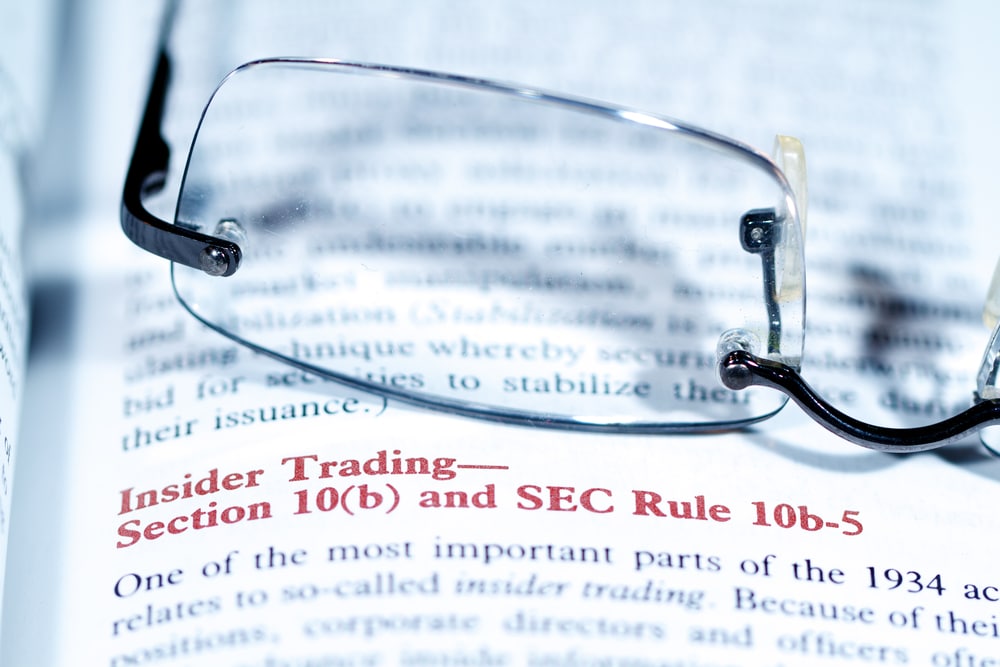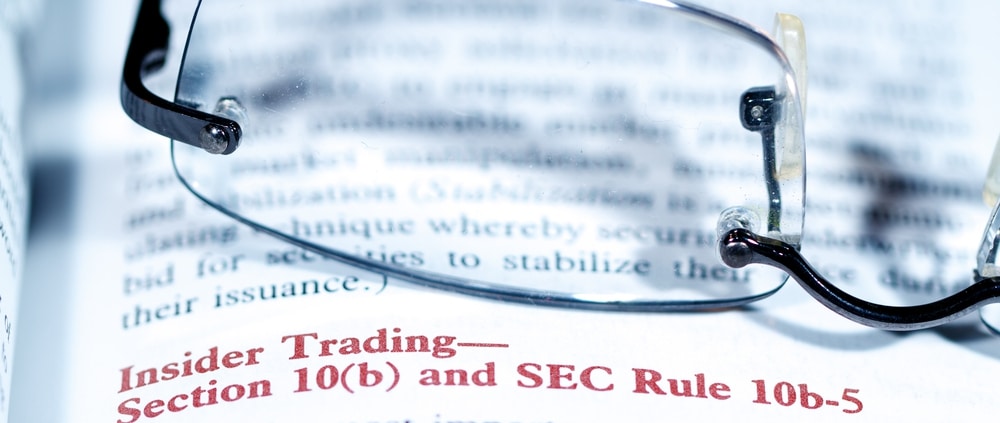Opportunism as a Managerial Trait
 We ordinarily think of people as honest or dishonest, a broad-brush description which implicitly assumes that honesty is a personal characteristic that generalizes across decision domains. If so, a student who cheats on an exam is also more likely to shoplift or lie to a friend or partner. Does knowing that a corporate manager is opportunistic in one decision domain tell us much about whether the manager will misbehave in some other domain? In other words, are some managers just `bad apples’? Similarly, at the firm level: are some firms prone to opportunistic behaviors of various sorts?
We ordinarily think of people as honest or dishonest, a broad-brush description which implicitly assumes that honesty is a personal characteristic that generalizes across decision domains. If so, a student who cheats on an exam is also more likely to shoplift or lie to a friend or partner. Does knowing that a corporate manager is opportunistic in one decision domain tell us much about whether the manager will misbehave in some other domain? In other words, are some managers just `bad apples’? Similarly, at the firm level: are some firms prone to opportunistic behaviors of various sorts?
Recently, in the paper “Opportunism as a Managerial Trait: Predicting Insider Trading Profits and Misconduct” Usman Ali, Portoflio Manager at MIG Capital, and I study these questions by examining whether corporate managers who profit by insider trading in their firms’ stocks engage in other forms of misbehavior as well.
A manager faces a tricky problem in deciding whether and how to engage in insider trading before corporate news arrives. Such trading can invite scrutiny by regulators, and some firms place formal restrictions on insider trading activities. There are innocuous reasons for selling shares, such as raising cash to send a child to college. Since the motivations for and constraints on insider trading are mixed, it is hard for an outsider to know what an insider trade signifies, especially because an opportunistic trades could be made to exploit news that might be arriving either soon or at a more distant point in time. These possibilities open some space for opportunistic insider trading to succeed despite the efforts of regulators such as SEC.
Previous research has shown that some insiders do exploit private information; buying by managers of their own firm’s stock positively predicts subsequent stock returns. However, past evidence that insider sales predicts returns is very weak. This makes sense, because insider sales are often performed for innocuous reasons, such as to finance a down payment on a house.
Our paper provides a new way to identify opportunistic insider trading. Using our measure of opportunism, we find that opportunistic insiders continue to misbehave in the future—their subsequent trades continue to earn higher profits than those of other insiders. We also test whether opportunism is a general trait in the sense of extending to other very different decision domains, such as manipulating financial statements or extracting excessive compensation.
To identify opportunistic insiders we measure how profitable are the trades insiders make during the weeks leading up to Quarterly Earnings Announcements (henceforth, QEAs). Trading before QEAs is revealing because of the important information about firm performance that is disclosed regularly at these dates. We hypothesize that insiders who make high profits on their pre-QEA trades (as measured by the returns experienced after these trades during the 5-day window centered at the QEA date) are opportunistic. In our 1986-2014 sample, trading prior to QEAs is commonplace, despite firm policies that limit insider trading during `blackout periods’ prior to QEAs, and despite government enforcement activities. Pre-QEA trades constitute about 16% of total insider trades and total market value of trades.
At the beginning of each year, we rank insiders into quintiles based on the profitability of their past pre-QEA trades. We call those insiders who make the highest profits opportunistic insiders. We find that the subsequent trades of insiders who are identified as opportunistic generates very high returns—well above what insiders normally achieve. Almost all of this strong performance comes from subsequent non-pre-QEA trades. Our measure therefore identifies a general tendency of the insider to trade profitably, not just a tendency to make money trading before QEAs.
In particular, a trading strategy constructed using the trades of insiders with a history of high pre-QEA profits generates a value-weighted abnormal return that is more than double the average return achieved by all insiders as a group—1.12% per month instead of only 0.5% per month. Furthermore, and in contrast with most previous research, even the stock sales of opportunistic insiders strongly predict future returns (negatively, of course). Results hold up using regression tests with extensive controls.
To see whether the opportunism that we identify is a managerial trait, or alternatively reflects a firm-level trait such as a lax organizational culture, we compare the profitability of trading by opportunistic insiders with that of other insiders at the same firm and during the same year. The results are similar, which suggests that some managers are `bad apples.’
We then test whether opportunistic insider traders engage in other types of firm-level opportunism. We find that opportunistic insider trading is associated with misconduct in financial reporting (as proxied by levels of restatements, SEC enforcement actions, shareholder lawsuits, and earnings management), after controlling for various other possible determinants of misconduct. For example, the probability of restating earnings is 15.5% higher when a firm has an opportunistic CEO (Chief Executive Officer) or CFO (Chief Financial Officer).
Furthermore, firms with an opportunistic CEO/CFO, or which have a high fraction of opportunistic insiders, were much more likely to be involved in option backdating (during the regulatory regime- prior to the Sarbanes Oxley Act of 2002- that allowed substantial potential benefit to backdating). Having an opportunistic CEO/CFO increases the likelihood of backdating by 18.7%. And in yet another very different decision domain, opportunism is associated with high excess compensation of top-5 executives and CEOs, even after appropriate controls.
We conclude that opportunism does indeed generalize across decision domains for corporate managers and firms. Knowing that a manager has engaged in opportunistic insider trading is a warning about other types of misconduct. These effects could derive in part from firm-level characteristics that encourage misbehavior (such as a bad organizational culture). Regardless of whether opportunism is driven more heavily by firm- or manager traits, our findings suggest that the profitability of insider trading can be useful for the business press, shareholder groups, regulators, and boards of directors in identifying and constraining opportunistic behavior.
Further Reading:
- Explore our research page on cheating and honesty
- Find resources on accounting and designing ethical systems
- Read our book summary of “The Lucifer Effect: Understanding how good people turn evil”
**This piece was sent to us from ES collaborator David Hirshleifer and may have been posted elsewhere, either in its entirety or in other forms.








